World Clean Up Day 2020: Don’t let COVID-19 be an excuse to not contribute.
It’s that time again, September 19: World Cleanup Day. This is the largest global clean-up of the year, which has more than 180 countries participating. The goal is to clean up as much litter as possible and this can be from waste at home, outside your house and even digital waste. This day is important for communities to come together in finding structural solutions to waste mismanagement.
It is very easy to pass the blame
When it comes to cleaning drives there is a mentality that why should you clean up someone else’s litter if they aren’t taking any responsibility? Yes, it is frustrating if there is waste somewhere that is not yours, but working with as many people and communities as possible with a positive attitude does make a difference to this very visible campaign.
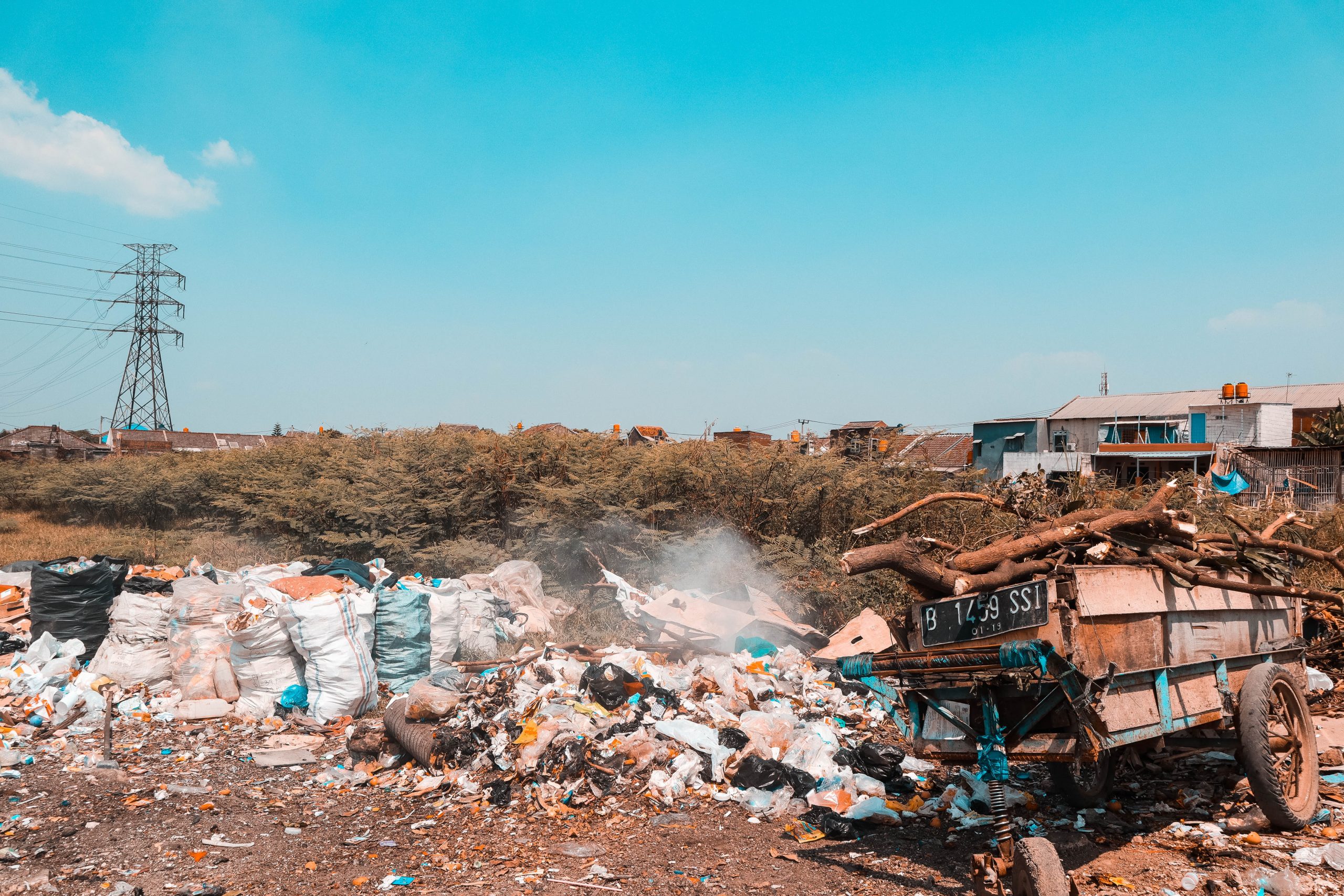
Is this the norm in Pakistan? (Source: Unsplash)
By showing the public that tidying up is the social norm. This will ensure that from now on fewer people will just leave their trash on the street. Many countries are using the Litterati app to record data on where they have found trash. Through the practice of citizen science, ordinary people build an enormous database, which provides more and more insight into the litter problem.
What all is happening in Karachi?
Being mindful about your environment and living sustainably is not a one day task. Learning new practices is far more useful as that knowledge and ideology on co-existing with the environment can always be passed down.
In Karachi, GarbageCAN is one of the many initiatives which are taking the opportunity to bring the community together. They are participating in two events on the day. With the help of RLCC and Tofiq Pasha an area in Shah Faisal Colony will be cleaned to make space for a community garden where members can grow their vegetables and have a section designated for recycling and composting.

NOWPDP is also doing a beach clean-up at Sea view Beach with marginalized communities. GarbageCAN is supporting this project by creating workshops to create sustainable practices through which these communities can find ways to make way to make a livelihood from these practices.
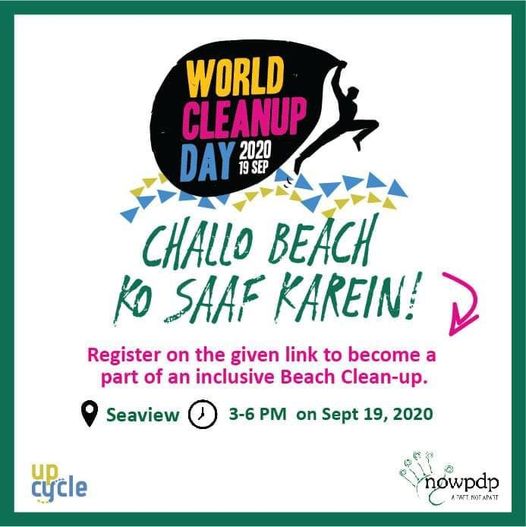
What can you do without leaving home?
This year, the Covid-19 pandemic has affected countries differently. So people who cannot or do not want to travel in groups can contribute individually by cleaning the areas outside of their homes or focus on clearing their e-waste.
In the digital world, similar to the environment, there is a vast amount of trash that takes away storage space from our phones, electronics and servers. If we erase all unnecessary files, apps, photos and videos, we are not just prolonging the life of our devices and saving a massive amount of CO2, but we also feel more balanced, we take control and de-clutter.
Did you know that the carbon footprint of the internet and connected systems account to about 3.7 per cent of global greenhouse emissions? This is similar to the amount produced globally by the airline industry. Some studies estimate that in a decade the internet network will produce 20 per cent of the world’s greenhouse gases.
It is just four simple steps
Start with your phone, Move to your Laptop or PC. Then reevaluate what you need on your emails and finally make new arrangements. Remove all applications that you haven’t used in the last month. They consume energy even when they are not in use. Sort your photos and delete any duplicates and blurry ones.

The Carbon Footprint of Thank You emails in the UK (Source; OVO Energy)
We don’t realise it but every spam email, even the ones we don’t open releases an estimated 0.3 grams of CO2 into the atmosphere. An email with an attachment releases 50 grams. Be brave and click the DELETE button.
What now?
Cleanup drives are not long term solutions nor a replacement to general waste management. However, they do help to bring attention to the issue of waste mismanagement. The next step is for civic action followed up by effective waste management reforms, with sustainable waste collection and disposal established everywhere.
Landfills are breeding grounds for diseases and if there is no organised waste disposal and recycling sites the public slowly loses their sense of responsibility and would tend to dump their waste closer to their homes instead of going out of their way to the designated spot. We need to adopt practices that would reduce the size of landfills.
It is a shared responsibility of the public and the government. We cannot pass the blame around if we want to move further and progress.

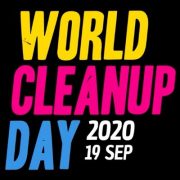



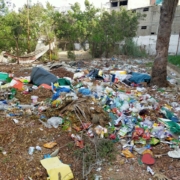
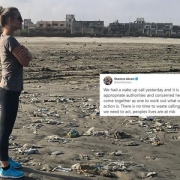

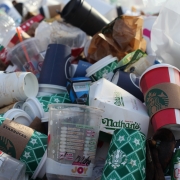
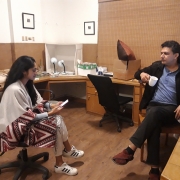


Leave a Reply
Want to join the discussion?Feel free to contribute!